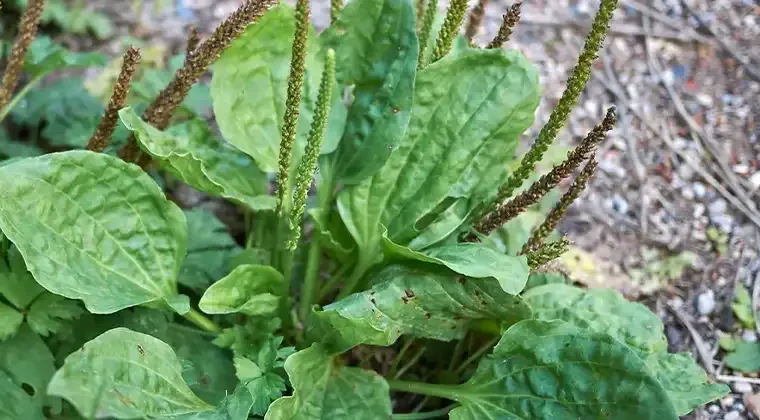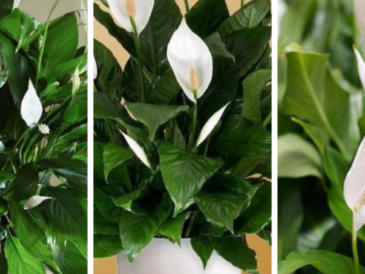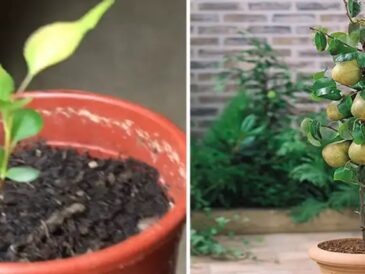Broadleaf plantain (Plantago major), a humble weed found growing prolifically in lawns and along roadsides, holds a remarkable secret: it’s a potent medicinal herb with a long history of traditional use. This unassuming plant, often overlooked or dismissed as a nuisance, possesses a surprising array of healing properties that can benefit both our bodies and our gardens.
Botanical Background:
Broadleaf plantain is a perennial herb belonging to the Plantaginaceae family. It’s easily recognizable by its broad, oval-shaped leaves with prominent veins and its tall, slender flower stalks that produce small, brown seed capsules. While often considered a weed, plantain has been used for centuries in various traditional medicine systems around the world, including those of Native Americans, Chinese, and Ayurvedic practitioners.
Medicinal Properties and Uses:
Broadleaf plantain has gained recognition for its diverse medicinal properties, attributed to its rich content of bioactive compounds like tannins, flavonoids, mucilage, and antioxidants. Its primary uses include:
- Wound Healing: Plantain’s anti-inflammatory, antimicrobial, and astringent properties make it a powerful wound healer. It can be applied topically to cuts, scrapes, burns, insect bites, and stings to promote healing, reduce pain, and prevent infection.
- Respiratory Support: The mucilage in plantain soothes irritated mucous membranes, making it effective for treating coughs, sore throats, and bronchitis. It can be prepared as a tea, syrup, or tincture.
- Digestive Relief: Plantain can help ease symptoms of digestive issues like diarrhea, dysentery, and irritable bowel syndrome (IBS). It acts as an anti-inflammatory and can help regulate bowel function.
- Skin Conditions: The anti-inflammatory and antimicrobial properties of plantain are also beneficial for treating skin conditions such as eczema, psoriasis, and acne.
- Allergy Relief: Plantain can help reduce the symptoms of allergies, particularly hay fever. Its antihistamine properties can relieve nasal congestion, itchy eyes, and sneezing.
Traditional Uses and Modern Research:
TO CNTINUE READING SEE NEXT PAGE




